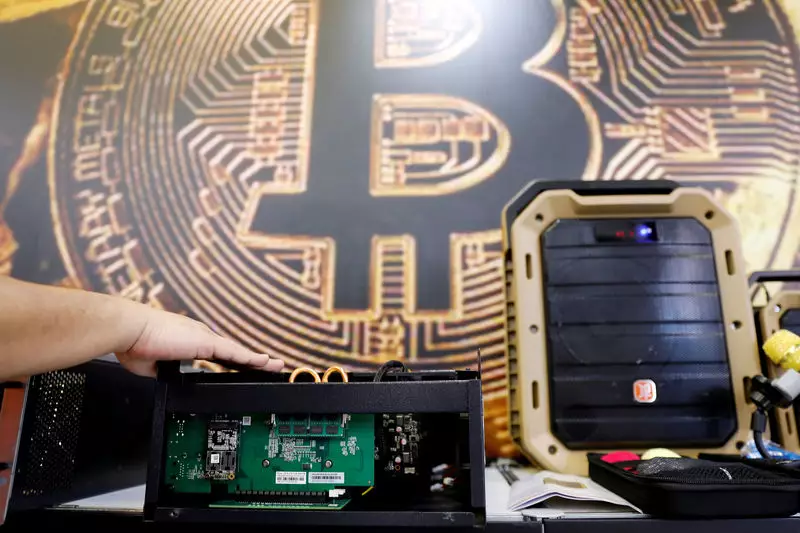The conversation surrounding the potential for the United States to adopt a Bitcoin Standard is a complex and layered topic, especially in light of insights from industry experts like Ki Young Ju, the founder and CEO of CryptoQuant. While the allure of Bitcoin as a credible alternative to traditional fiat currency fosters an enthusiastic dialogue among cryptocurrency advocates, Ju’s skepticism serves as a reality check. He emphasizes that mere enthusiasm for digital currencies does not translate into realistic governmental adoption, particularly in a nation as economically powerful as the U.S.
Ju draws a parallel to historical moments of economic turmoil, notably the late 1990s, when discussions about reverting the U.S. dollar back to a gold standard gained momentum. This context is crucial as it illustrates that significant economic pressure is often a precursor for any substantial shifts in monetary policy. Consequently, his assertion that the U.S. is unlikely to shift to a Bitcoin Standard in any near future raises important questions about what conditions would precipitate such a change.
The Role of Economic Dominance
A core element of Ju’s argument hinges on the notion of economic dominance and the perceived threats that can provoke substantial changes in national financial policies. The essence of national currency stability and international leverage often prevents radical shifts to alternative standards like Bitcoin. Ju notes that historically, increases in gold prices occurred when the U.S. felt threatened within the global economic hierarchy. This historical analogy raises critical concerns regarding the United States’ adoption of Bitcoin: for it to occur, there would need to be a significant, existential threat to its economic supremacy, a catalyst that may not presently exist.
Furthermore, although Bitcoin may be gaining ideological traction as a modern-day equivalent to gold, this does not automatically confer upon it the status of a strategic asset for the U.S. government. In the eyes of policymakers, Bitcoin may be viewed through the lens of risk management rather than as a direct replacement for the dollar. The underlying motivations that might drive governmental Bitcoin accumulation could be far more pragmatic than the idealistic notions espoused by cryptocurrency advocates.
Examining Future Prospects and Motivations
As the conversation around digital currencies evolves, the strategic objectives of the U.S. government regarding Bitcoin are likely to differ significantly from the beliefs held by BTC maximalists. Should the federal administration consider the implementation of Bitcoin reserves, it would more likely be framed as a measure of economic resiliency rather than a fundamental shift in monetary policy. This practical approach highlights a crucial disconnect between public perception of Bitcoin and the governmental strategies surrounding it.
While the concept of the U.S. adopting the Bitcoin Standard is an intriguing proposition, Ju’s analysis prompts a critical re-evaluation of its feasibility. Existing economic structures, the significant weight of historical precedence, and national strategy all significantly impact this prospect, suggesting that, barring a profound economic crisis, a shift towards a Bitcoin Standard remains in the realm of speculation rather than impending reality.


Leave a Reply